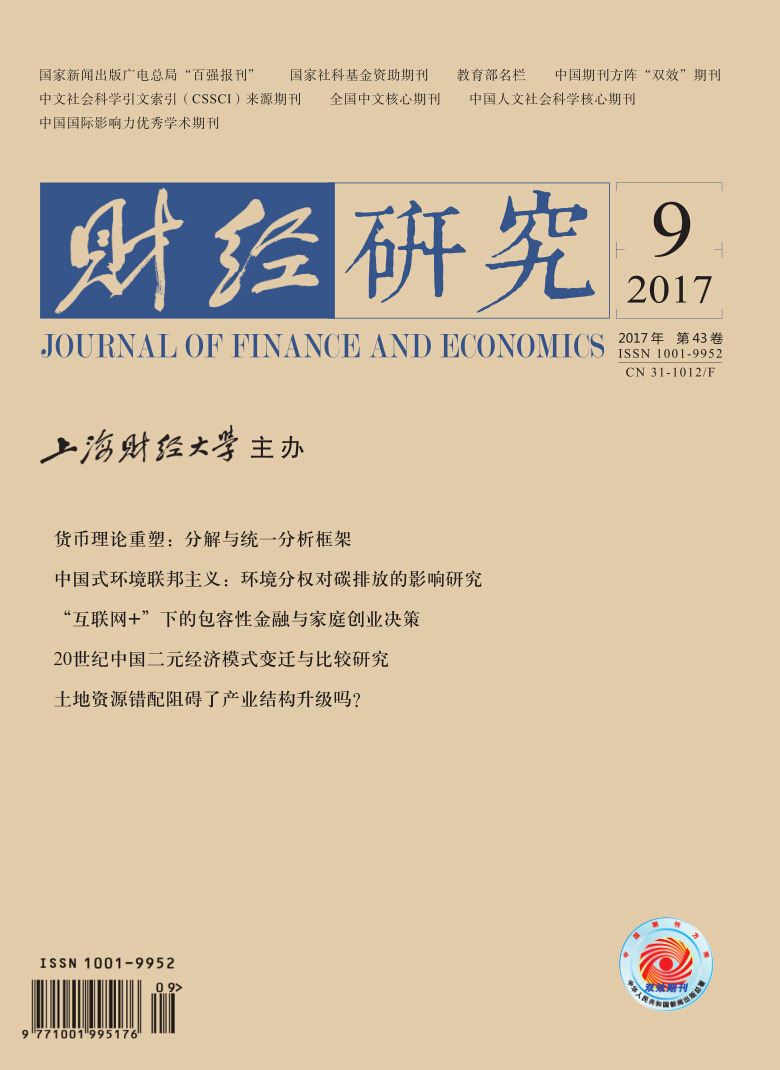The relationship between investor sentiment and firm business operation is an important issue in corporate finance field. However, previous literature on investor sentiment simply views investors as buyers and sellers in stock market and ignores the role of corporate monitors played by investors as shareholders. This paper incorporates investors' monitoring behavior into the study of investor sentiment and uses the data of listed companies from Chinese A stock market to arrive at the following conclusions:the increase in investor sentiment weakens the monitoring effort of shareholders, and managers make use of the decrease in the monitoring effort of investors to pursue more private benefits. This paper reveals another new channel through which investor sentiment influences enterprise principal-agent problem and CEO opportunism behavior, and has certain reference for the comprehensive understanding of the role of capital market in business operation.
 / Journals / Journal of Finance and Economics
/ Journals / Journal of Finance and EconomicsJournal of Finance and Economics
LiuYuanchun, Editor-in-Chief
ZhengChunrong, Vice Executive Editor-in-Chief
YaoLan BaoXiaohua HuangJun, Vice Editor-in-Chief
On the Effect of Investor Sentiment and Manager Self-interested Behavior from a Shareholder Monitoring Perspective
Journal of Finance and Economics Vol. 43, Issue 09, pp. 88 - 97 (2017) DOI:10.16538/j.cnki.jfe.2017.09.007
Abstract
References
Abstract
Cite this article
Liu Eping, Yang Qingsen, Fang Yuanli. On the Effect of Investor Sentiment and Manager Self-interested Behavior from a Shareholder Monitoring Perspective[J]. Journal of Finance and Economics, 2017, 43(9): 88–97.
Export Citations as:
For




 9256
9256  6563
6563

